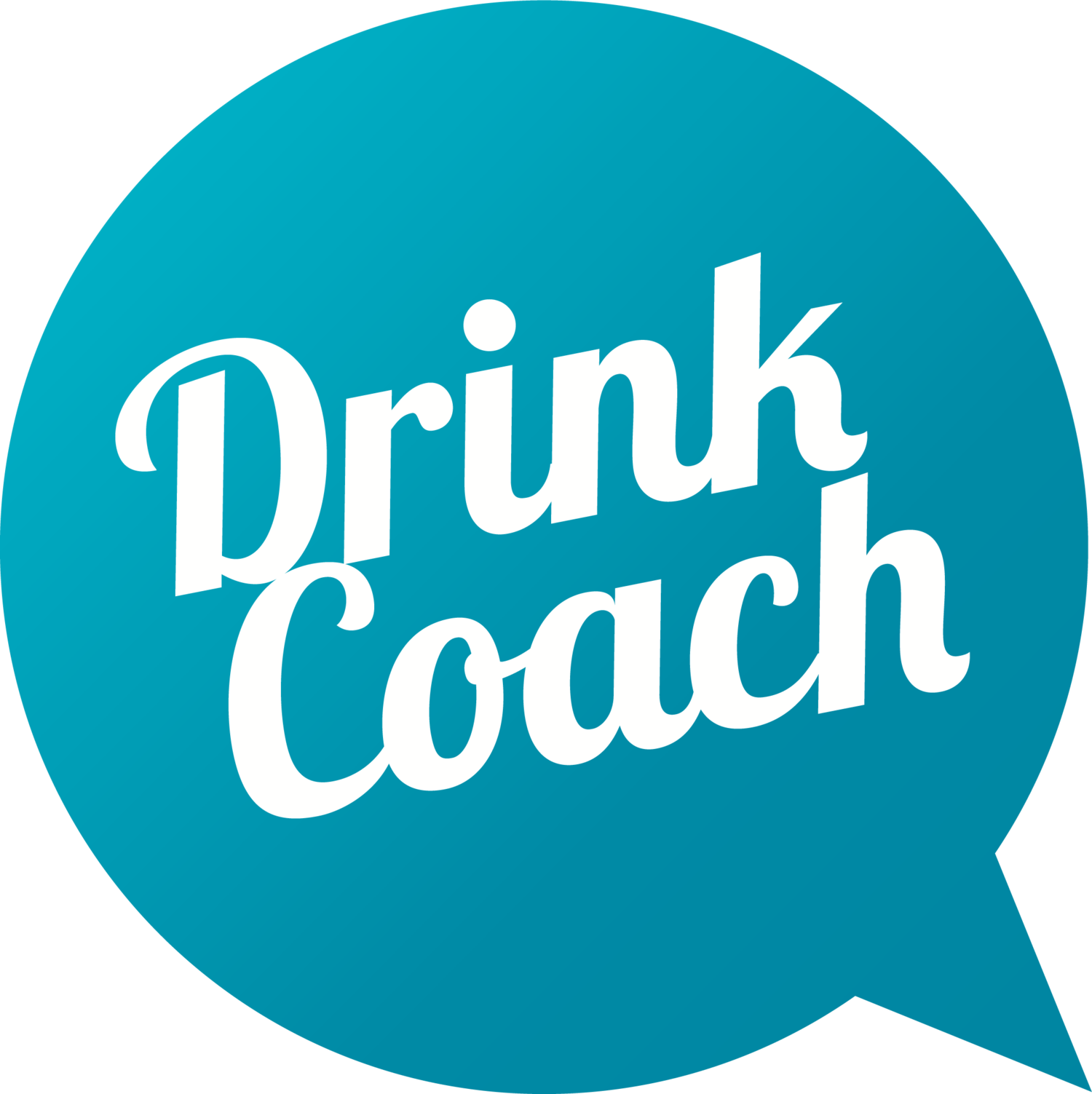FACTS ABOUT ALCOHOL
DEPENDENCE & ADDICTION
What are the signs of alcoholism, alcohol dependence and addiction?
You may be alcohol dependent if… you get cravings to drink within five hours of waking.
You may be alcohol dependent if… you have repeatedly tried to cut down or stop but have found it too difficult to do.
You may be alcohol dependent if… you find you are preoccupied with where your next drink will come from.
What’s the definition of an alcoholic?
Whilst some people use the term ‘alcoholic’ other people may talk about ‘alcohol dependence’.
Drinking at high-risk levels is associated with reduced life expectancy, difficulties with relationships at home and at work, along with deteriorating physical and mental health and general well-being.
I’m experiencing alcohol withdrawal – what should I do?
If you notice that you’re suffering from withdrawal symptoms when drinking less than you normally would, you should seek emergency attention at A&E immediately.
If you are alcohol dependent, then suddenly cutting down the amount you drink is not safe. Ensure you get the right support plan agreed with a medical professional or alcohol specialist worker.
Find out whether you are at risk of alcohol addiction, or whether you may already be alcohol dependent by taking our quick alcohol test.
What symptoms should I look out for?
If you’ve experienced any of the following symptoms in the past twelve months, you may be alcohol dependent. Keep in mind, alcohol dependence isn’t just limited to physical effects, it also includes behavioural changes:
Tolerance Requiring more alcohol than usual to ‘get drunk’.
Compulsion Becoming aware of alcohol cravings (particularly within 5 hours of waking up).
Withdrawal Experiencing physiological withdrawal symptoms such as tremors/shakes, sweating, vomiting and nausea, rapid heart rate, anxiety and insomnia when drinking has ceased or reduced. Other symptoms can include agitation, seizures, disorientation and even hallucinations. The ‘DTs’ (Delirium Tremens) is a combination of these symptoms, such as agitation, disorientation and hallucinations, all happening at the same time.
Avoidance of withdrawal Using alcohol to reduce the symptoms listed above. This includes ‘eye-opener’ drinks on waking.
Reinstatement A relapse into problematic alcohol use after a period of abstinence.
Salience Finding you are preoccupied with where the next drink will come from, and planning your day around buying or drinking alcohol.
Narrow repertoire Drinking in spite of negative consequences in your personal and professional life and your needs are almost entirely limited to those involving alcohol.
Control You have repeatedly tried to cut down or stop but have found it too difficult to do.
“Public Health England estimates that 1.35% of the adult population in England meet diagnostic criteria for alcohol dependence.”













